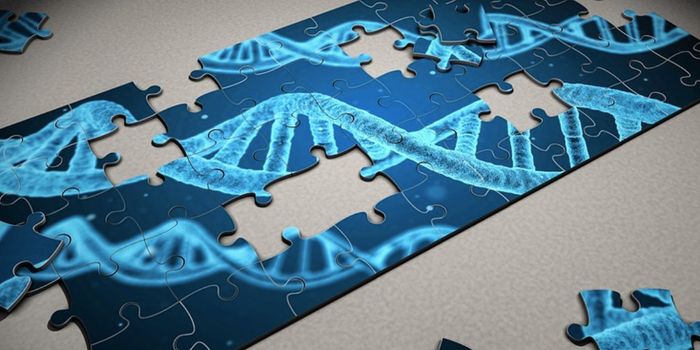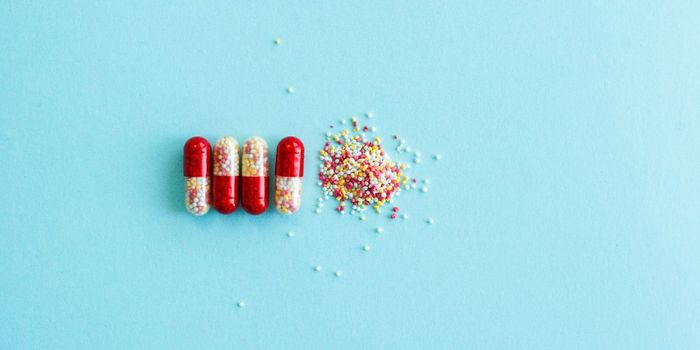Engineered Probiotics Deliver Immunotherapy to the Gut
You can find probiotics, live microorganisms that have health benefits when consumed, in fermented foods like yogurt, sauerkraut, and kombucha. In addition, dietary supplements containing probiotics can help regulate digestion and keep the gastrointestinal (GI) tract functioning optimally. Many probiotics are bacteria, but other microorganisms, like fungi, can also have beneficial effects. It's important to note that probiotics are generally safe to consume, with bacterial probiotics having the potential for some bacteria-host interactions with adverse effects, but these are rare.
A new study published in the Journal of Microbial Biotechnology demonstrates that probiotics can enhance the efficacy of immunotherapy in tumors resistant to standard therapeutic approaches. Immunotherapy, drugs that target the immune system, thereby indirectly providing anti-cancer effects, have made significant advances in treating hard-to-treat cancers, including colorectal cancer (CRC). However, a considerable proportion of patients, particularly those with tumors that lack immune cells and other anti-tumor mediators, remain resistant to immune-based approaches.
The authors used a commonly used probiotic strain of yeast called Saccharomyces cerevisiae var. boulardii (S. boulardii) in the study. As a non-bacteria probiotic, S. Boulardii reduces the risk of bacteria-host interactions because it does not remain in the GI tract and, thus, significantly limits the risk of adverse side effects in patients.
As a survival mechanism, tumors upregulate proteins called immune checkpoints which negatively regulate immune cells, thus preventing anti-tumor immune responses. These immune checkpoints act as 'brakes' on the immune system, preventing it from attacking healthy cells. Immunotherapy drugs called immune checkpoint inhibitors (ICIs) can boost the immune system by preventing the interaction between immune checkpoints and immune cells, effectively releasing the 'brakes' and allowing the immune system to attack the tumor.
The researchers sought to capitalize on the benefits of ICI and probiotics. In the laboratory, they engineered yeast to produce ICIs. Next, the researchers compared the efficacy of ICI-producing probiotics to standard systematic delivery of ICI, which involves the drug being administered through the bloodstream, in mice with CRC. They found fewer tumors in mice treated with the probiotic ICI drug compared to those receiving systematic ICI.
The study demonstrates that coupling ICI delivery with a probiotic controlled CRC growth in mouse models, offering a promising avenue for future cancer treatments. The drug could easily reach the gut where it had positive effects on treating the cancer. According to a Washington University Press Release, the researchers have applied for two patents on their engineered probiotic. In addition, the research team continues to work on applying this technology to other GI diseases, further expanding the potential of this innovative approach.
Sources: J Microbiol Biotechnol, J Fungi, Wash U Press Release









